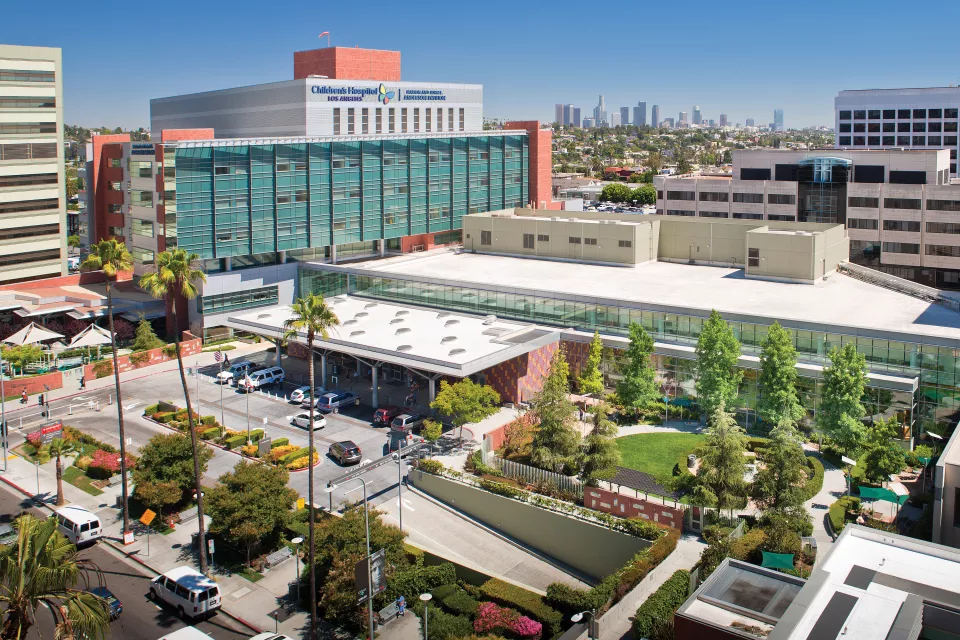Kawasaki disease is an illness that causes inflammation in the body’s blood vessels. This inflammation can harm the coronary arteries, which supply blood and oxygen to the heart. Kawasaki disease usually affects children younger than 5.
Kawasaki disease is rare. It affects about 5,000 children in the U.S. each year. If left untreated, Kawasaki disease can lead to heart damage, blood clots and heart attacks. With prompt treatment, however, most children fully recover.
Kawasaki disease is an emergency. If your child is showing symptoms of Kawasaki disease or a related condition called multisystem inflammatory syndrome in children (MIS-C), call 911 or go to the nearest emergency room.
Kawasaki Disease Causes and Risk Factors
The causes of Kawasaki disease are unknown. Sometimes there are outbreaks in the winter and spring months, but it isn’t contagious. These seasonal outbreaks suggest that viruses can trigger Kawasaki disease.
There are no known risk factors for the disease. There may be a genetic mutation that could increase the risk of Kawasaki disease in some children. However, research is ongoing to learn more about genetics and Kawasaki disease.
Kawasaki Disease Symptoms
The most common symptom of Kawasaki disease is a fever that lasts five days or longer. The fever may range from 101 to 104 degrees Fahrenheit or higher.
Other symptoms include:
- Neck stiffness
- Peeling skin on the hands, fingertips and toes
- Red lips and tongue, commonly called strawberry tongue
- Red or bloodshot eyes
- Red rash on the torso, especially in the groin area
- Redness and swelling on the palms of the hands and soles of the feet
- Sensitivity to light
- Stomach pain
- Swelling and pain in the joints, such as the knees, hips and ankles
- Swollen lymph nodes in the neck
Kawasaki Disease Diagnosis
There is no single test to diagnose Kawasaki disease. However, doctors can diagnose it based on symptoms and through certain tests. Your child’s doctor may:
- Perform a physical exam: The doctor examines your child and asks about your child’s symptoms. A long-term fever with at least four other symptoms is often a sign of Kawasaki disease.
- Discuss your child’s health history: The doctor talks to you about any health conditions your child has. The doctor will also ask if anyone else in your family has ever had Kawasaki disease.
- Order blood tests: The doctor may order blood tests to look for signs of inflammation. A blood test also supplies valuable information about other possible conditions.
- Perform heart and other imaging tests: The doctor may perform an echocardiogram (echo), which is an ultrasound of the heart and coronary arteries. Your doctor may also perform an electrocardiogram (EKG), which measures the heart’s electrical activity.
- Order imaging tests: Doctors may order a chest X-ray or abdominal ultrasound to look at the lungs and other vital organs.
Kawasaki Disease Treatment
Treatment for Kawasaki disease is most successful when it starts within 10 days of symptom onset. Your child may stay in the hospital for a few days or weeks, depending on how severe the illness is.
Treatment for Kawasaki disease includes:
- Aspirin: Aspirin can reduce fever, pain and swelling. It can also help prevent blood clots. However, do not give a child aspirin unless your doctor advises it.
- Anticoagulants: These are medicines that keep blood from clotting. These medications can stop complications like blood clots or heart damage.
- Anti-inflammatory medications: Stopping inflammation from Kawasaki disease can reduce long-term damage to the arteries and heart.
- Intravenous immunoglobulin (IVIG): IVIG is the infusion of immune proteins directly into the body using an intravenous (IV) line. When a child gets IVIG early in the illness, their risk of heart damage decreases.
COVID-19 and Kawasaki Disease
In rare cases, some children develop an inflammatory illness after having a COVID-19 infection. This illness, called multisystem inflammatory syndrome in children (MIS-C), is similar to Kawasaki disease.
Health experts are still learning more about MIS-C. Doctors often treat MIS-C with the same treatments as Kawasaki disease.
Kawasaki Disease Treatment at Children’s Hospital Los Angeles
Learn more about the treatment options we offer in our Kawasaki Disease Program.
